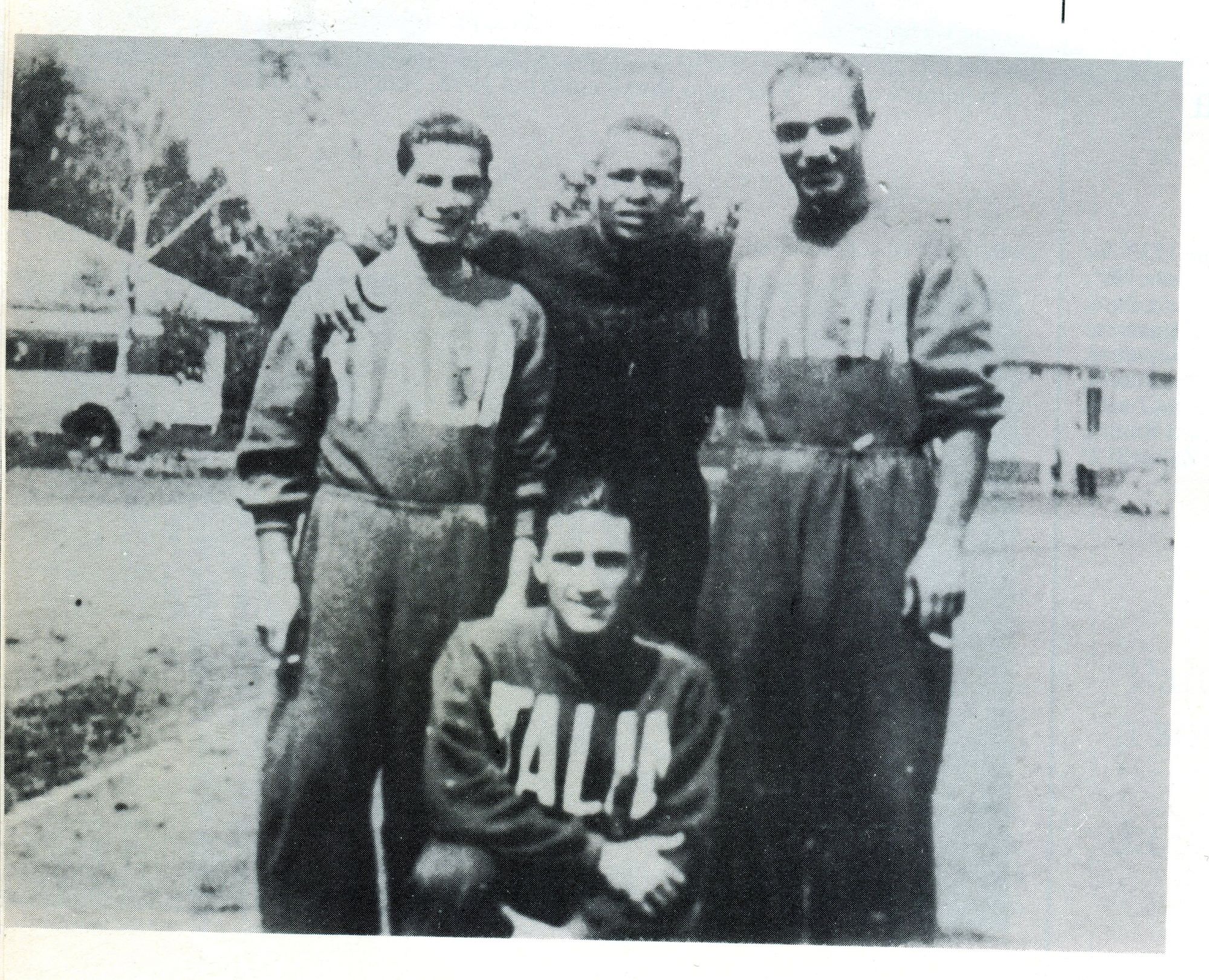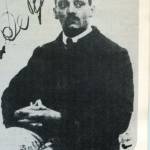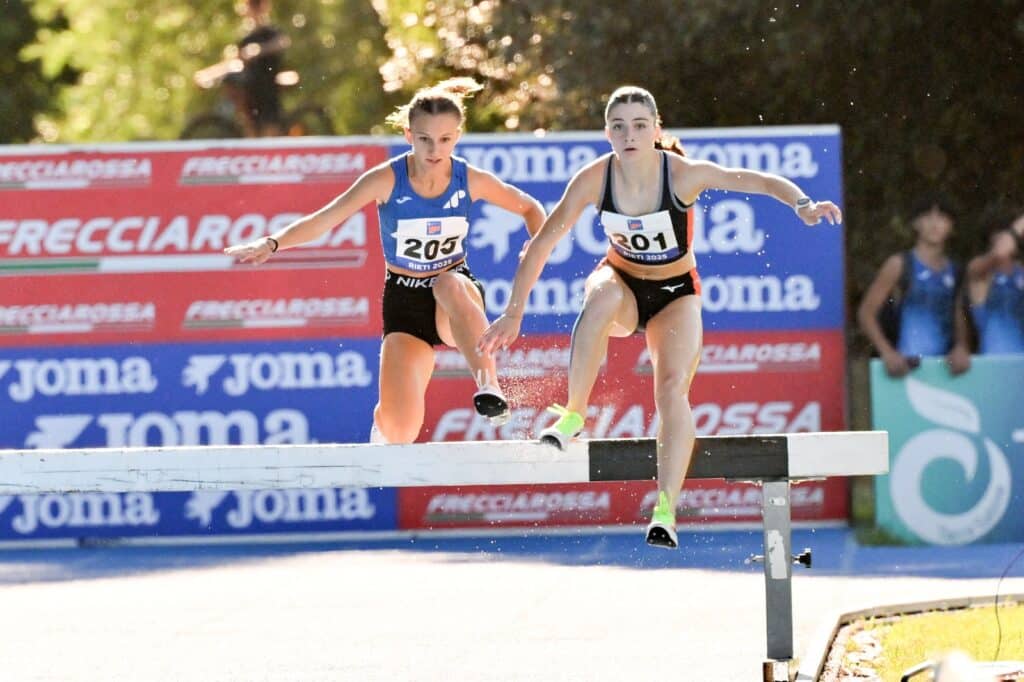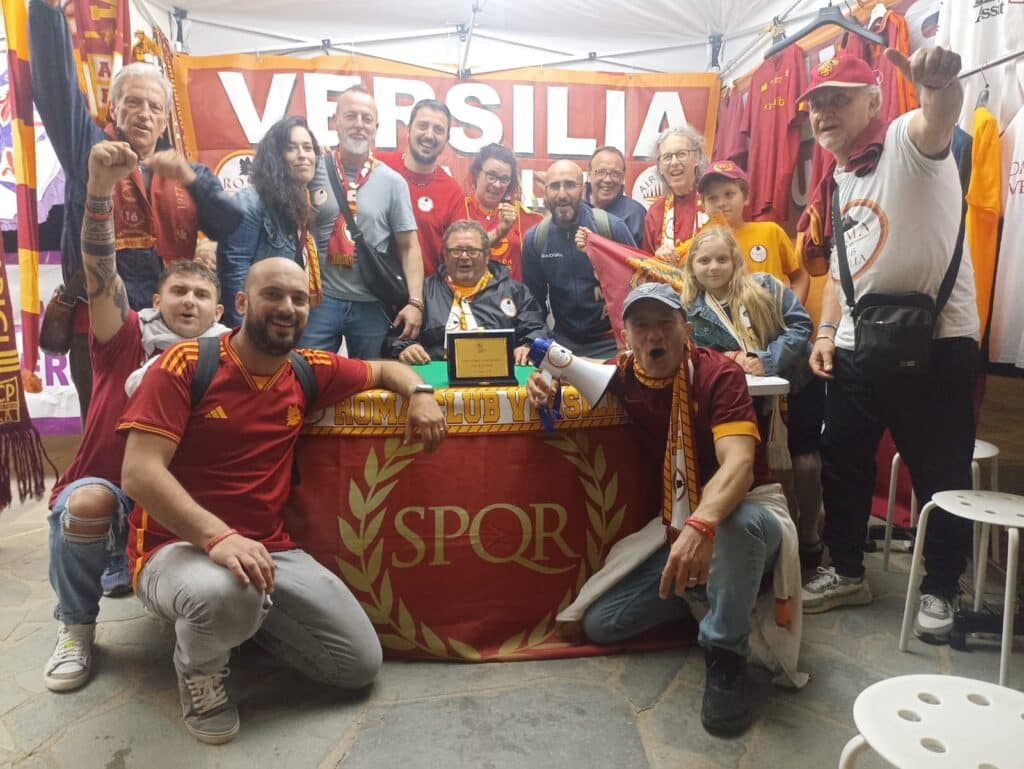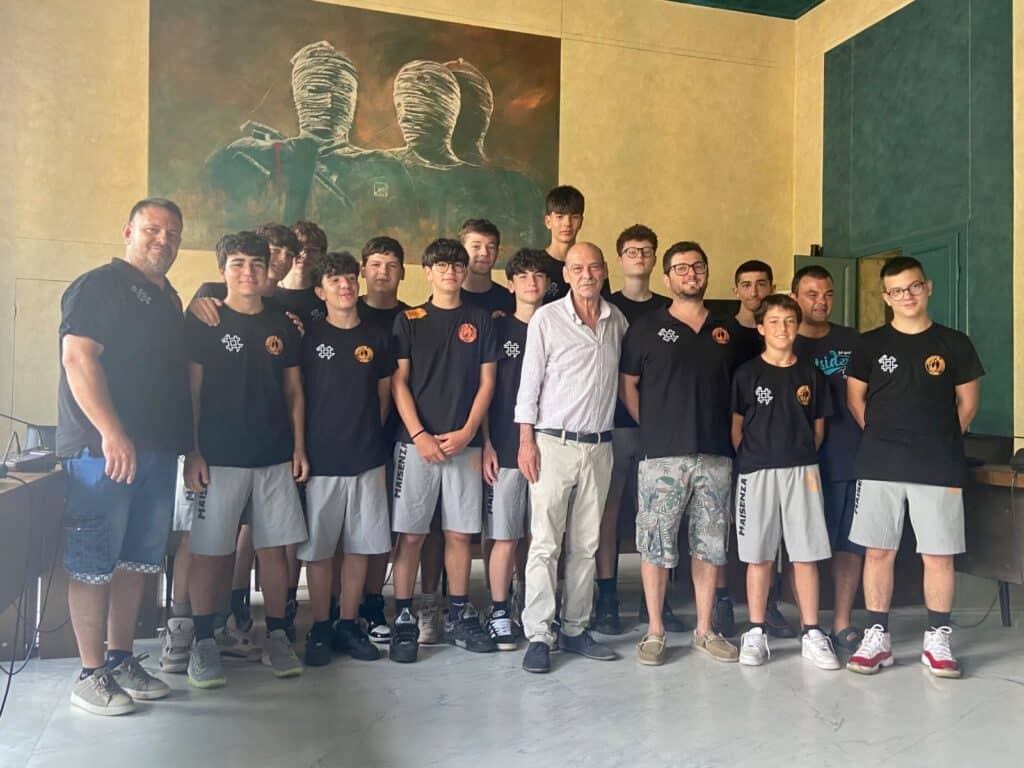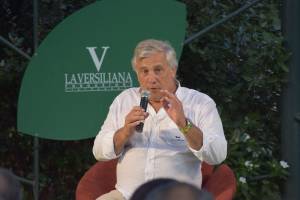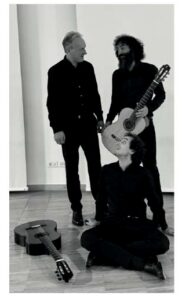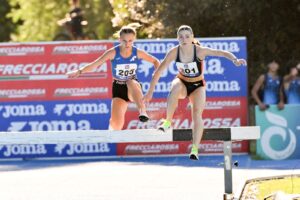VIAREGGIO. Nothing can thrill an athlete, especially those who practise almost unknown sports, like the Olympic Games. London is calling swimmers and runners, footballers and gymnasts, shooters and judokas from all over the world and Italy will be massively represented, as always. Expectations are high for the Azzurri to win nearly 30 medals and a significant contribution might come from the three athletes from Versilia, Tuscany – Viareggio-originated swimmer Diletta Carli and Pietrasanta-born shooter Luca Tesconi and hammer thrower Nicola Vizzoni, skipper of the track and field squad. They are just the last three names to represent the beautiful region included between the marble halls in Carrara and the leaning tower of Pisa.
Versilia made its debut at the Olympic Games in Antwerp in 1920 thanks to shooter Sem De Ranieri. Born in Viareggio in 1892, he was an authentic, versatile sportsman. During World War I he contributed to the foundation of Esperia, the first local football team and subsequently became the president of Sporting Club Viareggio, established after the merger among several sides in 1919. One year later, he went to Antwerpen and participated in both men’s military rifle standing and prone reserved to teams.
His main regrets were all concentrated in the 300 metres competition. The five-man Italy team got a score of 251 points, just four less than silver-medallists United States and bronze-medallists Sweden. Four years later he competed in the Paris Games, this time entering the 600 metres prone and the 400, 600 and 800 metres for teams. The outcome, at least in the first case, was really dismal, though, as he arrived 65th out of 71 participants. Once he retired as an athlete, he was locally involved in politics and in the famous Carnival of Viareggio.
Two notable fellow citizens of him, Carlo Biagi and Arturo Maffei, were definitely more successful at the 1936 edition in Berlin.
Biagi joined the national football team coached by Vittorio Pozzo, who had led the Azzurri to lift their first World Cup in 1934. This squad was entirely represented by university students, due to the fact that professional footballers were not allowed in the Olympic tournament. Pisa left winger Biagi earned his first cap on 3 August in the 1-0 victory over the United States, but he made history just four days later in the quarter-final against Japan.
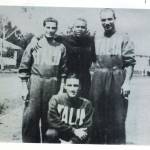 He scored past the first half-a-hour and added a second in the 57th. The last ten minutes marked an absolute Viareggio triumph. With Italy leading 5-0 against the overestimated Japanese, Biagi netted twice more; his record of four goals in a single Azzurri match has not bettered yet. The final 8-0 goal was scored by captain Giulio Cappelli, born in La Spezia, who helped Viareggio in not being relegated from the Italian Serie B in the same year. He later served as Inter Milan football manager and, as Antonio Ghirelli wrote in his book Storia del calcio in Italia, also as a ‘merchant of footballers’.
He scored past the first half-a-hour and added a second in the 57th. The last ten minutes marked an absolute Viareggio triumph. With Italy leading 5-0 against the overestimated Japanese, Biagi netted twice more; his record of four goals in a single Azzurri match has not bettered yet. The final 8-0 goal was scored by captain Giulio Cappelli, born in La Spezia, who helped Viareggio in not being relegated from the Italian Serie B in the same year. He later served as Inter Milan football manager and, as Antonio Ghirelli wrote in his book Storia del calcio in Italia, also as a ‘merchant of footballers’.
The Italian calcio is strictly connected with the story of Arturo Maffei. He was an outstanding goalkeeper and Fiorentina patron Luigi Ridolfi literally doted on him. Ridolfi, head of the Italian delegation at the Berlin Games, was also the chairman of Giglio Rosso, a track-and-field club from Florence, and athletics were perhaps the first love of Maffei. A long jumper, he used to keep trained by leapfrogging over four twin-hulled rowboats lined up on the Viareggio beach. He finally decided to focus on athletics and won eight national titles in long jump. His most notable performance belongs to the 1936 Games, though. Thanks to his trademarked “three-steps-and-half” technique, he jumped 7.73 metres and set up a new Italian record which would last until 1968. He missed the bronze medal for just one centimetre, whereas popular Afro-American crackerjack Jesse Owens triumphed over local hero Luz Long.
Maffei became a very close friend of Owens and he reportedly brought him to meet the Italy football team in the Olympic Village. He witnessed the famous Hitler-Owens incident during the gold medal ceremony and, according to his version, “the German Führer stretched out his right arm while Owens was about to shake his hand with him. Then, Hitler held out his one, but Owens replied with a military salute.” Retired in 1941, Maffei entered the Fiorentina technical staff and helped manager Fulvio Bernardini in leading the team to win the Scudetto. He died in August 2006, just one month after the triumph of another Viareggio-born sportsman, Marcello Lippi, in the football World Cup final played in the same Olympiastadion. A local athletics meeting and the track-and-field circuit of the Viareggio stadium have been renamed in his honour.
Versilia had to wait two more decades in order to be represented at the Games. It was in 1956 when Livio Tesconi, born in Forte dei Marmi, a small town in Northern Versilia, competed in rowing in Melbourne in the first Olympics to be held in December. The Italy men’s coxed eights, however, was eliminated in the semi-finals.
(1 – to be continued)
